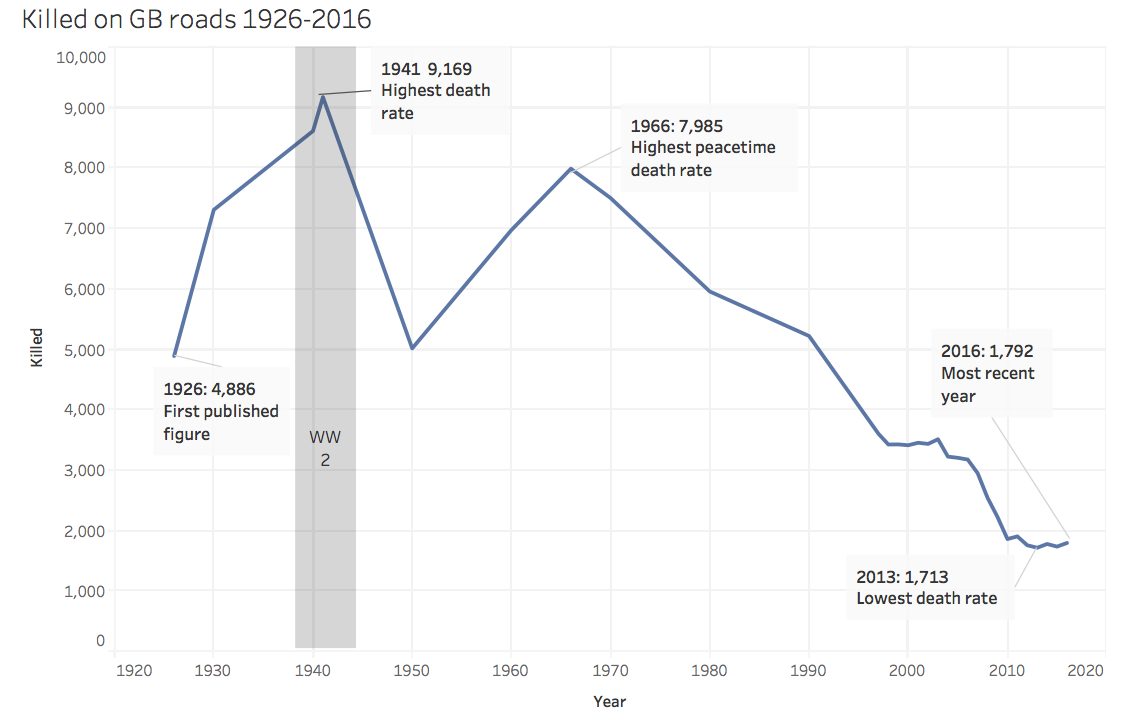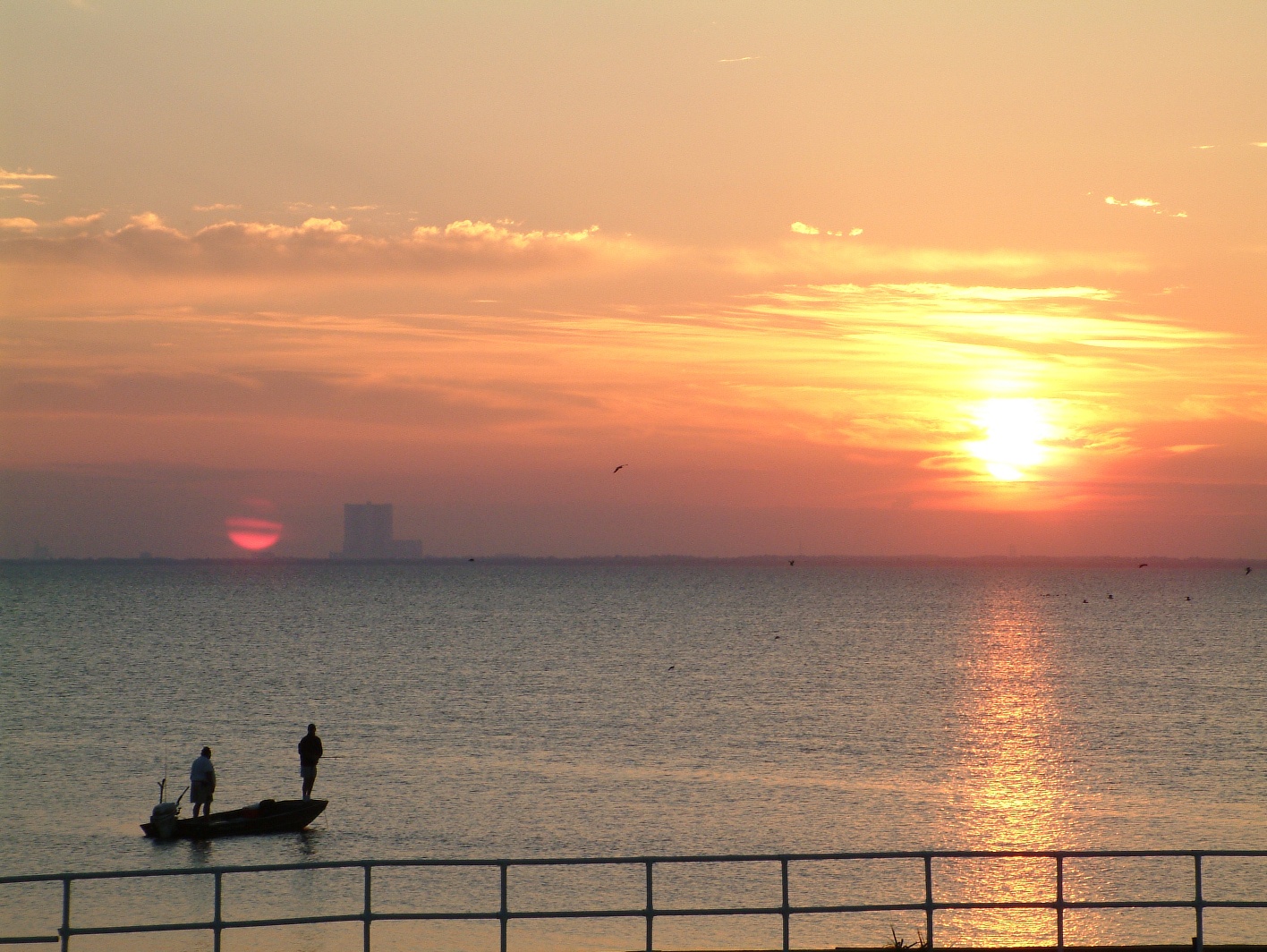Where this communication ends up I don’t know. It’s a theme I’ve been thinking about for a while now and I’m not sure what my conclusions are. I think about this whenever I watch a film with an aircraft crash or if I visit the Survival Equipment chaps at an air force base although it doesn’t just apply to flying stuff. Let’s see what happens.
There have been two crashes of the Boeing 737 Max 8 aircraft where everyone on board was killed. Straight after the second airlines started to stop using the aircraft and then eventually the FAA and CAA decided to withdraw the airworthiness certificates of those aircraft. The underlying thinking here is that you can’t have an aircraft type which regularly crashes killing people. It is a requirement of the manufacturer to correct any faults in the aircraft type. Society has a lower limit to what it expects the death rate for flying to be, whether most participating in that society understand that or not. The regulators have stepped in. Another pressure is that the market would stop choosing the 737 Max and Boeing would die if they didn’t make the changes. Society and capitalistic market forces require the product to work well. Human life has a value and should be cherished.
I’m old enough to remember the Herald Of Free Enterprise ferry disaster. I can still remember my dad telling me about it when he picked me up from cadets that evening. I remember feeling sick. I’m not sure why this affected me more than an aircraft crash but it did, maybe because I’d never heard of a ferry disaster before. There were issues with the ship’s operation procedures and the resulting investigation made recommendations which improved the safety for ferries in this country and around the world. The ultimate thinking here was that human life has a value and we should do all we can to preserve it.
In 1986 the space shuttle Challenger [rather the Space Transport System] launched and then blew up about a minute into its flight. This killed all seven astronauts on board. Nasa stopped all flights and investigated the disaster. There are, I guess, many pressures here: government funding, shuttle cost, human life, public relations, the cold war. It was deemed necessary for the programme to be paused while changes were made to ensure the safety of the astronauts. The lives of these people was important and nobody wanted to experience the “ultimate sacrifice”. To those youngsters out there who need to know, there is a phrase in my circles: “Space is hard”. Yes, space is hard. It’s complex and difficult and there will be sacrifices [just think about that word there!].
It would seem that companies like to try and cost cut to maximise profit and so the market forces only come to bear after a particular problem catches them out. So human life to companies is cheap, until they have to make changes I guess. My evidence for this is the General Slocum disaster in New York. A fire caused the Slocum to be abandoned. Most members of the public on board couldn’t swim, it wasn’t a common thing in 1904. Some of the life preservers were wired in place, maybe to stop them being stolen. The life preservers were meant to have cork of a certain volume in them to maintain buoyancy on humans. This cork was meant to be solid chunks and the amount was measured by mass. The life preserver manufacturer had chosen to use granulated cork as it was cheaper, but because it didn’t meet the mass requirements they then used metal bars hidden in the vest to bring the mass up. When humans jumped into the water the cork bubbled out of the vests as it wasn’t in large lumps and then the people were dragged under the water by the metal bars. 1021 people died that night. I guess afterwards there were investigations and corrections put in place to save this happening again on this scale. The city decided that human life is precious.
In the 1960s the Chevrolet Corvair had a design flaw that meant its handling could be unsafe. The company only started to rectify this after the problem was made public and even then it initially decided that the extra safety features should be “optional” and a paid extra on the model. This time a company succumbed to public pressure and eventually the Corvair was produced with suspension similar to contemporary designs. In this case human life was deemed to be precious but only after the flaw was made public and pressure was applied to the company.
When I visit the Squippers on an RAF base it becomes quite clear that the whole purpose of the military system is the protection of life of people within that particular branch of the military. The safety equipment designed to help a fast jet pilot in the case of a problem is impressive. The aim is to preserve the life of the pilot or aircrew in as many situations as possible. It doesn’t always happen but effectively the aircraft is expendable and the life is not. The motivation for this could be that aircrew are hard to find and cost a lot of money to train but the principle is the same, there is a value to the human life and it should be preserved.
So, governments and companies place a value on human life and it is generally seen to be a bad thing for people to die because of bad design or systemic issues with the rules and management of a system. If there are rail crashes then they are investigated. All shipping accidents are investigated and rules put in place to make sure those type of accidents either don’t happen again or the risk of them happening again is reduced to an “acceptable” level.
The rules governing the use of roads by people with vehicles have developed over time and change on occasion to make the roads safer. Deaths on UK roads have decreased over time and seem to have settled to around 1100.

By PeterEastern at English Wikipedia, CC BY 3.0, Link
There are probably many factors in this. I mean, when I was a child seatbelts WEREN’T compulsory to wear. Can you believe that? It was decided that people could choose for themselves whether to wear a seatbelt or not. There is only one problem with that: people are stupid. The best thing for a car would be to wear a five point harness and make sure it’s tight. But that is quite a hassle. Volvo invented the three point harness and gave away the technical rights to the whole industry. This means we have seatbelts in cars that, while they aren’t the safest, they are the best balance between safe and convenient.
When you get into a car you ACCEPT the risk that driving on the roads brings. You accept the balance between getting somewhere in comfort and the risk that you might not arrive. Now, you might not be aware of this, but it is what you should be thinking. Driving, or to an extent existing, means you implicitly accept the associated risks. If driving was an activity supplied by a company you would have to sign a disclaimer each time you decided to go somewhere. You decide to accept the implicit social contract every time you do something like driving or getting on a train etc.
The value of human life is not measurable. Current society tries to do the best for the people within that society. It tries to educate. It tries to help. It tries to save.
Except it clearly doesn’t.
Individuals on the whole are largely selfish and lack empathy. I mean this from a point of view of looking at individuals within a system. I’m not talking about you. I’m talking about a single person within a system, within society. Our system of collectivness means that we each have our freedoms within that social construct. We chose what to do with our own lives [we don’t really as free will is an illusion but that’s for another time], we can spend money how we want, we can arrange our time how we want. There are restrictions within that. I hope that everyone pays their tax [they don’t] and many of us have to work to get money to pay for the things we use but generally we have a certain amount of freedom.
This freedom leads to us not caring or thinking about others as much as we should. We all vote or feel empathy for the latest finalist on Britain’s Got Talent because their gran died when they were young and the zit on their nose lasted for ten years but we lack the empathy for people around the world who have oppressed lives. We don’t care collectively about the thousands of people dying in wars [Yemen] or those being abused by their own governments or those systematically killed through religion or lack of action of governments. We don’t care about the critical underfunding this country has had for over ten years now causing deaths and poverty on a massive scale. We don’t care about people more than one degree of freedom away from us. We don’t seem to care about people dying. Why do we lack this empathy? We don’t seem to care about the child-rape cabal headquartered in Rome.
It seems that some systems and social constructs are there to help us survive. They are there to save life and preserve humans. Lives are values in a social structure. But, as individuals, we seem not to care. Maybe it is too much for individuals to take on the world and do the “right thing”. There is only so much an individual can do to make changes.
In this country people still vote Tory even though their policies over the last ten years have led to the UK having a need for FUCKING FOOD BANKS. Let’s get this straight. FOOD BANKS. Places where people who can’t afford FOOD can go and get food. FOOD BANKS. There’s a lack of empathy for these people. As long as I am comfortable I don’t need to think about the lives of others and help them.
Damn, I’m not sure where this is going. My starting point was that human life is precious and yet in so many ways we don’t value it and people are dying through so many preventable causes but it’s not visible, so we don’t know or care about it. Maybe I need to lay out my arguments a little better. This communication seemed to end in a rant about selfishness and lacking empathy. It started well but ended up as a grumpy old lefty moaning.
I’ll come back to this.
